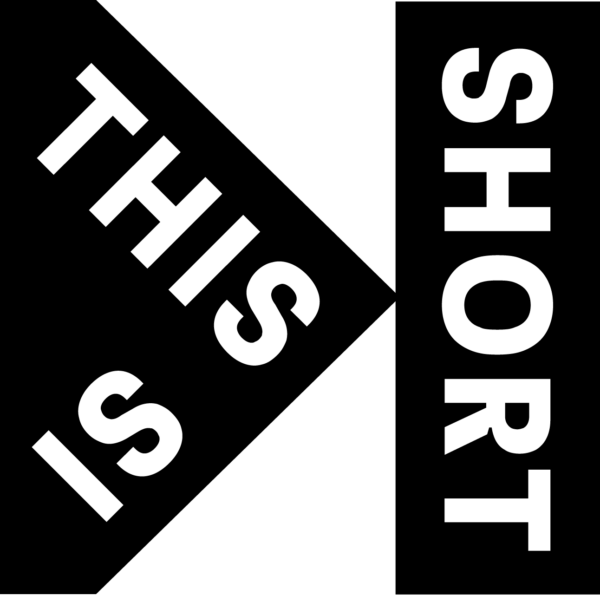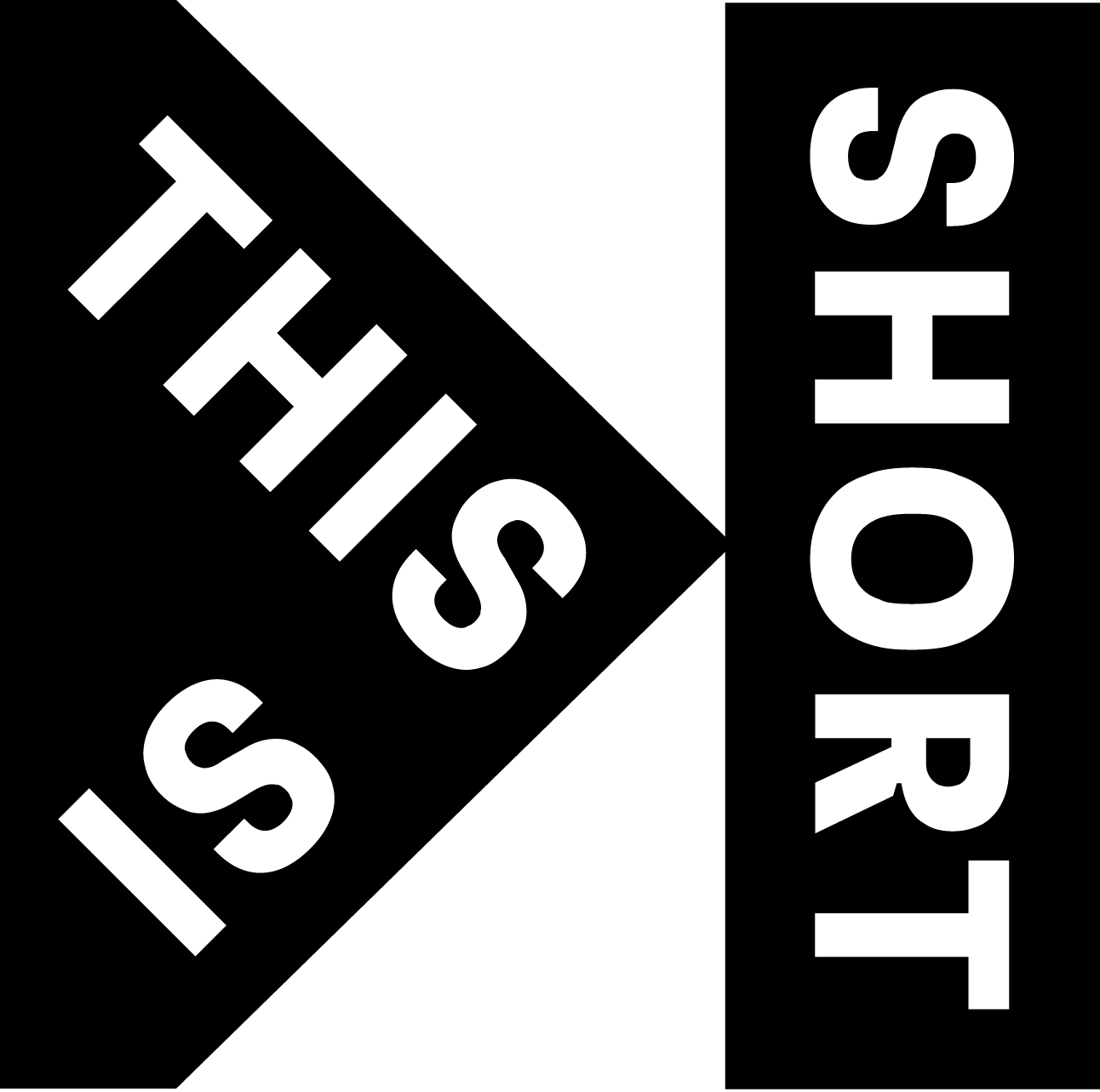Truth in Parts
Interview with Charlie Shackleton
Starting as a film critic, Charlie Shackleton began exploring film as a tool for criticism, and now investigates small stories in a wide variety of non-fiction film formats. In this interview, the British filmmaker discusses the accuracy and representation of truth throughout his work.
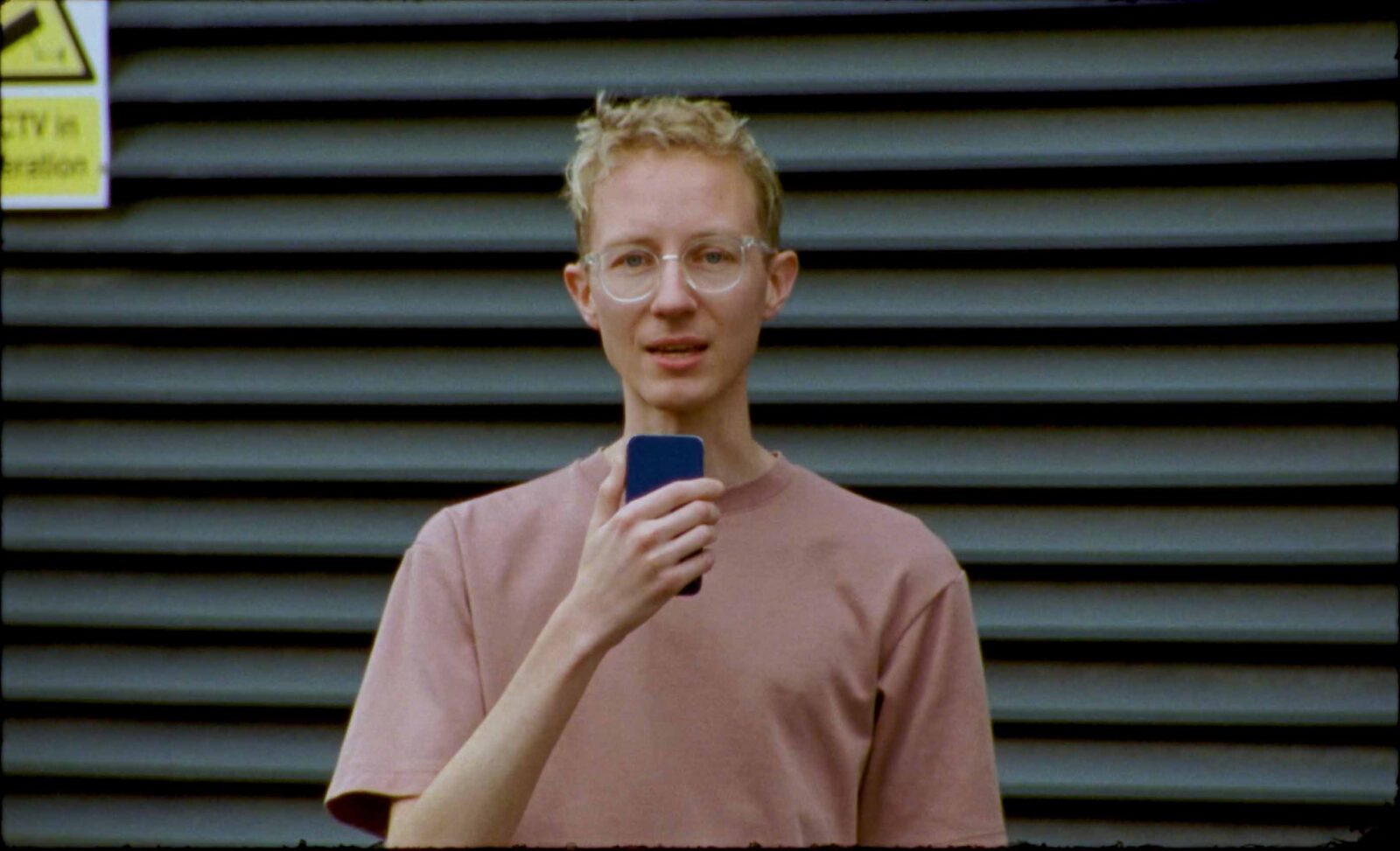
The hospitable month of May welcomed British filmmaker Charlie Shackleton to Portugal for the first time—and after an almost decade-long rapport with IndieLisboa International Film Festival, there was a good amount of anticipation on both sides. Shackleton’s first features, Beyond Clueless and Fear Itself, screened in the 2015 and 2016 editions of the Lisbon-based festival; last year, an attempt to screen The Afterlight (2021), a film restricted to only one existing (analogue) copy, was impeded by FedEx seemingly having lost the reels. They showed up eventually, proceedings were set up for this spring, and with his new film Zodiac Killer Project fresh out of Sundance, the stars seemed uniquely aligned for a full retrospective of his work.
This is the context in which I meet Shackleton (or henceforth, Charlie) at the first-floor restaurant of the Cinemateca Portuguesa. I’m wondering if we agree that this would be the Portuguese equivalent of meeting at the British Film Institute in London as a hangout spot, which we do. Continuing the small talk, I ask him about his origin story (as a bit of a warm-up for me), and we joke about how I’ve missed the boat on having a teen film blog in the noughties, which is what he did. Charlie is only five years older than I am, but his body of work as critic-turned-filmmaker is not only prolific, but also consistently fresh, clever, and snappy. Knowing this puts me on my toes, and I—as a critic and filmmaker—am excited to discuss what I believe we could have in common.
I had spent the past days immersing myself in all of Charlie’s films, enough to identify what I saw as the main currents that run through his work. For one, the profound interest in genres across different contexts, aided by his general expertise as a film buff, is immediately visible in his “pure editing” works, where he brings movies in contact with one another, like in the features The Afterlight, Beyond Clueless, and Fear Itself. He also appears as a mediator, often with his own voice and nailing the comedic timing as he takes control by playing or pausing footage and sometimes inhabiting the point of view of somebody else. For example, in Copycat (2015), he uses the device of an interview to introduce us to a film that might have inspired the Scream franchise; in Frames and Containers (2017), he experiments with an idea of Sergei Eisenstein by accommodating images of different aspect ratios on his own terms. Charlie is a found-footage filmmaker who will also sometimes shoot his own footage: his work is actually defined by this duality. The range of his personal involvement is wide: from the single long take of a street lamp he directed (and cinematographer Robbie Ryan shot) among the vast collection of film clips portraying now-dead actors in The Afterlight, to Criticism in the Age of TikTok (2019), fully screen-recorded on his own iPhone.
I also identified a keen awareness of and curiosity towards the personal, private, and public narratives common people weave into their lives, the subterranean tensions, and even the sinister aspects of those narratives, unbeknownst to them. This seems like another crux of Shackleton’s practice, something his work always folds back into—Zodiac Killer Project plays on true crime cliches, yes, but it is also a profound examination of a person’s neurosis. It just so happens it’s somebody who is certain to have found a high-profile serial killer, whether or not that’s true in reality. The short Personal Truth (2017), which looks at the Pizzagate conspiracist shooter anew through Charlie’s own past fascination with a similar hoax in Britain, is not too dissimilar in that regard. Lasting Marks (2018) peeks behind the curtain of Operation Spanner, a 1980s police investigation that prosecuted a group of gay men for consensual sadomasochistic acts. These are films about convictions, and the extreme lengths individuals will go to with them. Sometimes things are much more harmless. In Camera Test (King Cadbury) (2024), Charlie tells us a story about an old biscuit commercial from his childhood that he knows by heart, only to find out, when locating it through the BFI National Archive, that he and his mother had misremembered several sentences. Here too, a conviction is interpellated by reality. When I ask Charlie what he believes unites his works, he tells me that the way archives record History and the way we record our personal histories are quite the same: we will distort, accent, and favour certain parts of the truth. I found these common points to be fascinating.
In Personal Truth, you tell us that you went “looking for a solution to the problem of belief itself”. I think this phrase could also apply to Camera Test (King Cadbury), although in a much more benign way. Several of your films show how psychological intuition and belief can “run the game” in life. Do you see such a relationship between them?
Yeah, I do. But what’s more interesting to me than the question of truth or fiction is the question of what makes a good story. That’s why I feel equally drawn to the two examples, which, as you say, are on one hand extremely frivolous, and on the other hand almost deadly. There are vastly different things at stake, but what they have in common is that the story [told] has been shaped around what benefits its narrative, potentially even more so than what the ideological takeaway is meant to be. Half of the Pizzagate stories are not even the purest, most distilled versions of themselves if you just wanted to [use them to] advocate for Donald Trump or advance a kind of anti-establishment narrative. They’re more convoluted than that, and if I’d have to guess why, I’d say it’s because in the minds of the people who are crafting them, that’s what makes them better [as] stories. And it’s not even necessarily a conscious thought. They’re just drawn that way because it feels more compelling.
Compelling like the one in Fish Story? Here you try to discover the truth behind a tall tale recounted by your friend Caspar, about the opening of a marina in Anglesey, Wales, where only people with fish surnames were invited…
Yeah—and even in those fairly slight, obviously inconsequential changes that either my family members or Caspar have made to their own histories, those forces are at play. It’s like the story just refines itself to become more entertaining over time.
To the people telling it?
And to their imagined audience. Truth is obviously a casualty of that. And sometimes that will matter, and sometimes it won’t. But to me, as a filmmaker, the process is more interesting than the effect.
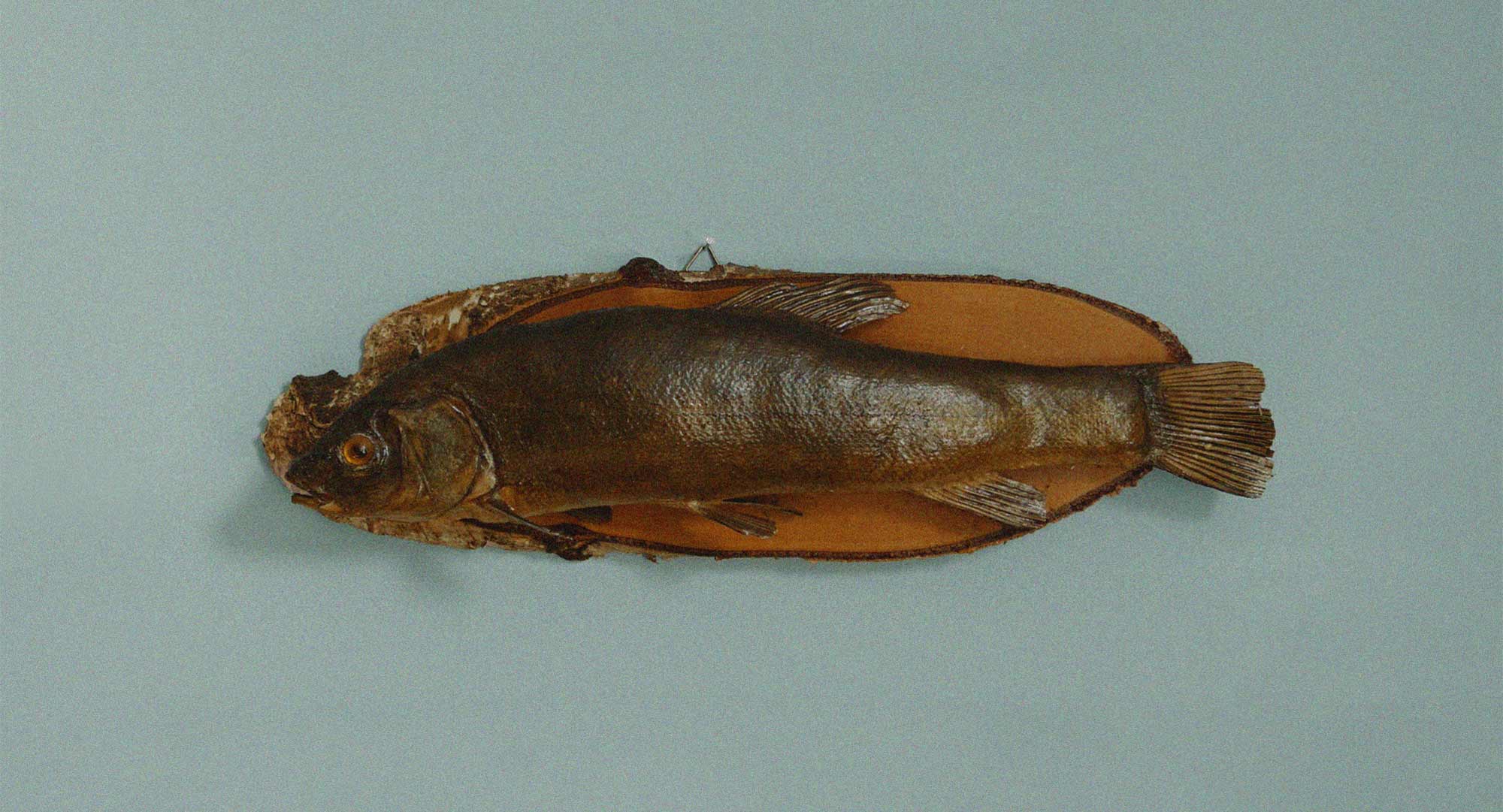
Fish Story (Charlie Shackleton, 2017)
I noticed a pattern. You travel to places to see something yourself—to Washington to witness the trial of the Pizzagate shooter, to Anglesey to visit the Sea Zoo—but a few of your films have a similar ending: sometimes there’s just nothing to see.
That’s a good point! Maybe that’s a result of the story becoming more interesting than the reality, which inevitably feels like a bit of a letdown by comparison. And I, as a filmmaker, am doing the same thing as the storytellers in the films. I get Caspar to tell the fish story in his own idiosyncratic way.
For the fifth or sixth time, as he points out in the film.
But then I structure my own film about it according to what I think makes the best story, which has its own distortions and recalibrations that might not even be aligned with his. That’s interesting to me in and of itself, that layered manipulation of story.
Like in Personal Truth, when you buy a book by philosopher John Locke that informs the rest of the points you make throughout the film. This was not done on an impulse, was it?
Obviously, it was very much planned. I bought the book there because that bookshop was relevant to the story, and therefore, it wrapped the whole thing into my narrative more easily. Any viewer, if they stop to think about it for a second, knows that. It doesn’t make any sense that I would stop in the midst of this shoot to buy a random philosophy book from centuries earlier. But you accept it because of the thrust of the storytelling. I have mixed feelings about that film, but at its best, it’s so fussy and tightly knotted that the audience could only ever put so much faith in it, because real life is just not that densely coordinated. The fun of it all for me is creating overt tension between the way things are and the way we narrativise them, and letting the audience participate in that playing off of those two things.
All for the betterment of the story?
For my part in Personal Truth, I never misrepresent anything, I never say anything false. But that is the slippery thing about narrativising: you don’t have to say anything overtly false, you don’t have to distort the facts of a thing in order to be presenting it in a fashion that is still incredibly inorganic. So, me saying I bought that book in that shop—that is true, but the kind of implication is that it was some sort of spontaneous happening as opposed to something that was planned before I even flew to Washington.
Was it also inorganic that in Camera Test, you had only five minutes left of film to shoot?
That’s a funny exception. Lots of people assume that, naturally so; that was completely spontaneous. It genuinely was an idea that I had five minutes before we shot it. We were doing the camera test for Zodiac Killer Project, so we would have been doing it either way, and at that point, I had no idea whether the thing that was in the [BFI] archive would turn out to be the commercial that I was looking for. The fact that people would inevitably question it is still funny: it does feel perverse to be expending such energy, let alone expense, to shoot on 16mm this incredibly stupid, pointless little piece of storytelling. Encouraging those sorts of doubts is part of the fun, even when it’s actually all true.
And because you come from a film critic background, this ‘outside’ awareness of the narrative is always very present…
Definitely. When I talk to other documentary filmmakers, they are also very frank about the necessity of that kind of distortion in narrativising. Some would often go even further than I would be comfortable going in terms of misleading their audience, with no real misgivings about it, feeling that it’s the correct choice in order to capture truth in some higher sense: not even like Werner Herzog’s [notion of] ecstatic truth or whatever, just smaller distortions to capture a larger, literal truth. It just happened that my work has—because of my interests—chosen to foreground those distortions more than most, which obviously has led people to doubt even the accurate representations in the films.
Your editing and your narration are usually quite funny. In Lasting Marks, you don’t talk, and you’re showing us several newspaper articles with cold cadence and minimal comment, letting us hear the story told by one of the people involved. Would you say that it is a more serious piece among the others?
I suppose so. It has comedic moments, but it’s certainly the least funny one, and I couldn’t quite imagine making another film like it now.
Why’s that?
I’m still incredibly proud of that film, but I’ve come to appreciate humour as a leverage to push a film into more experimental or provocative areas, while giving people something to hold on to. It’s not to say that I want to tell less serious stories. On the contrary, I now see humour as a way to approach subjects more serious than I would have ever dared to otherwise.
How do you come across these fascinating stories? Do you surf Wikipedia a lot?
A lot of my films have been born of the fact that so much stuff is not on the internet. Increasingly now, the germs of my ideas come from either actual archival research within a physical archive—which was the only way I ever learned anything about Operation Spanner—or from just talking to people and hearing their idiosyncratic bits of personal history that would never be otherwise documented.
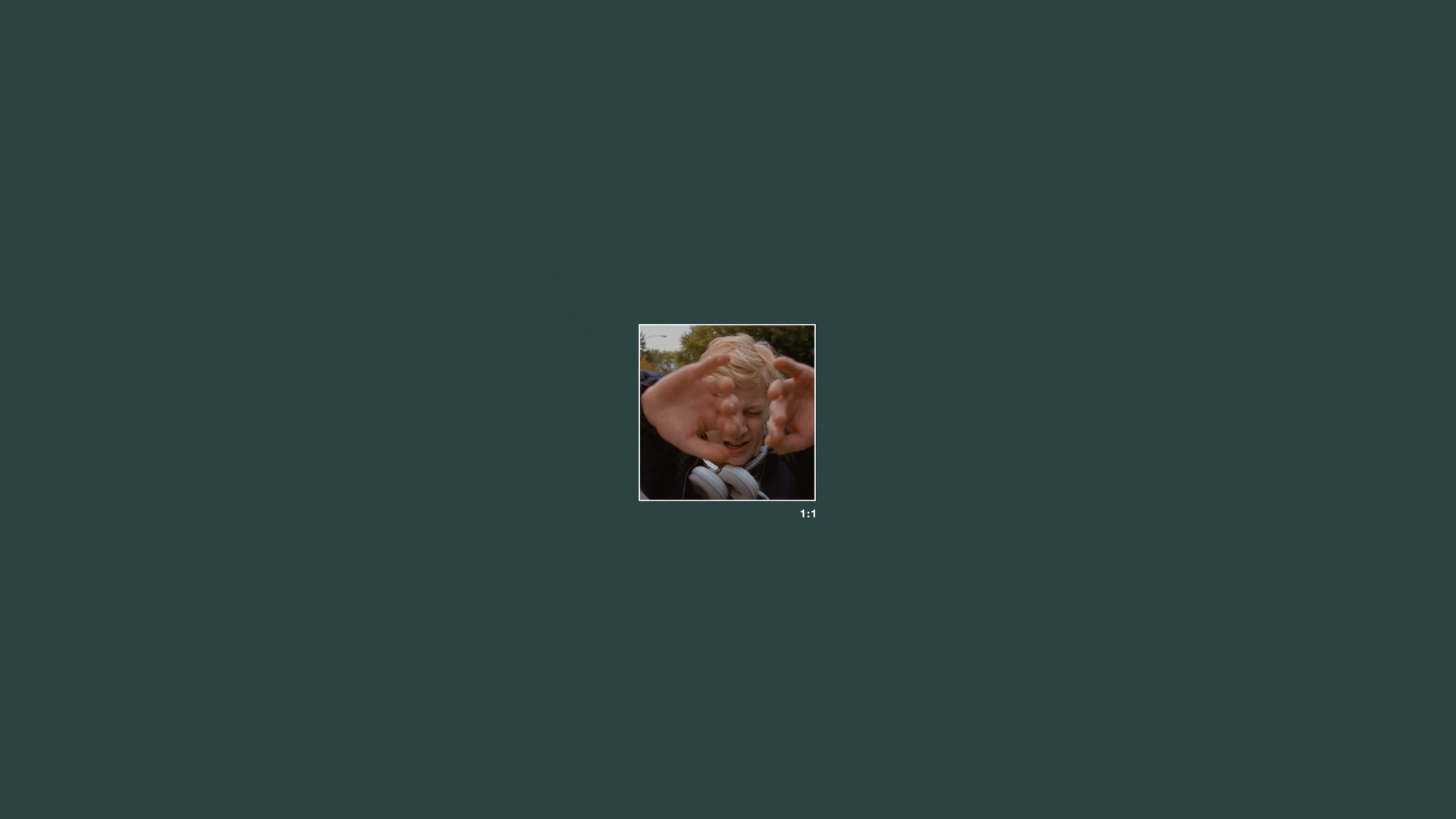
Frames and Containers (Charlie Shackleton, 2017)
Every once in a while, you take a breather from this aspect of storytelling, leaning a bit more into formal aspects with your films. Frames and Containers is a film about aspect ratios and scene framing. Paint Drying is a ten-hour shot of a wall. Are these two different worlds? The Charlie Shackleton films about form and the ones about people?
You’re right to draw the dichotomy, and I’m trying to synthesise those two impulses. It’s very stimulating and satisfying using something as spontaneous and unpredictable as human speech so freely and into a framework that is very constrained and rigid. That push and pull is what I want to capture, even if I haven’t totally worked out yet how to have those two things co-exist.
I think Pasta as Prologue (2020) is a good example of that synthesis. You’re showing, side-by-side, scenes from two different films about the same event, the 1975 ‘Spaghetti House siege’ in London. One is a television movie by Britain’s first Black feature filmmaker, the other a little-seen Italian comedy drama. It is not a formal ‘spot the difference’, but instead it’s about the very human ways the two tellings quickly diverge in very different directions, isn’t it?
Exactly! Questions about how history is remembered interest me, and then beyond that, storytelling is really the big one for me. I don’t mean it in the grand sense of the stories we tell about ourselves, but in the granular meaning of conversation: how people speak to each other, how they share stories. The last few films I’ve made have all been trying to capture that register. Translating it into the form of a film should be easy to do, but I find it very difficult.
Would you elaborate on why you find it hard?
Because films are [already] so constructed that the spontaneity of human speech is not at all easy to capture within the thrust of a film. You can obviously film a scene of people talking, or you can script a scene that creates the illusion of natural conversation through fiction, but having a film that actually moves like a human conversation does, is a very appealing but as of yet unreachable ideal.
You want to chase that?
Yeah, totally.
Copycat (2015), Fish Story (2017), Frames and Containers (2017), Criticism in the Age of TikTok (2019), and Pasta as Prologue (2020) are currently streaming on This Is Short.

